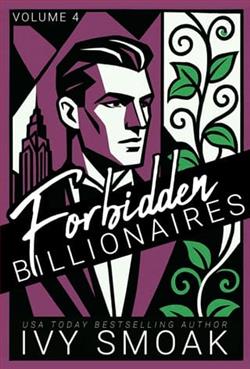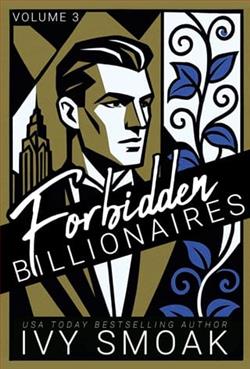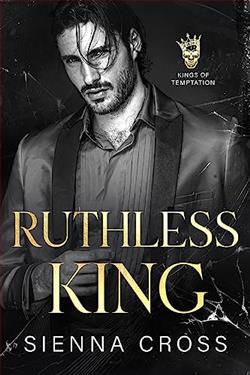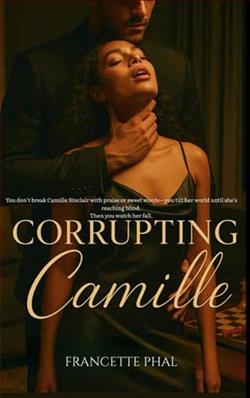Page 1 of The Venice Murders
1
VENICE, JUNE 1959
‘Happy?’ Jack Carrington asked.
His nearly new wife looked up from the risotto she’d been demolishing, her face aglow, and reached across the table to squeeze his hand.
‘How could I not be?’
Sitting beneath La Zucca’s green-striped awning, baskets of flowers hanging from its iron rails. Flora’s gaze drifted across the narrow canal that ran alongside the terrace: to the jumble of pink-painted houses and terracotta roofs opposite and to the landing stage where a solitary gondola danced on the coming tide as it waited for morning.
‘Our first evening in Venice, Jack! And only a few hours ago, we were still in Sussex! I find that so hard to believe.’
The journey had been smooth, far smoother than she’d expected. When Jack had first suggested they fly to Venice, she hadn’t been at all keen. It had taken him time to persuade her that, if they were to make the most of their honeymoon, this was the way to travel; had taken time to overcome her fear of boarding a plane for the first time in her life. But eventually she’d agreed, swallowing hard when the tickets arrived and she saw how much they had cost. In the event, those tickets had been worth every penny, though Flora couldn’t say that she’d actually enjoyed the experience – in her opinion, the plane was flying quite high enough at treetop level – but the pilot had had other ideas and somehow in less than four hours they had arrived at Treviso airport and from there taken a coach to the Piazzale Roma.
Her first sight from the coach, however, of what she’d taken to be Venice, had been a crushing disappointment; a glimpse of a forest of cranes, a spread of smokestacks and clouds of filthy air.
‘Mestre,’ she’d read aloud from a signpost they were passing ‘So not Venice?’ She was hopeful.
‘Porto Marghera,’ Jack told her. ‘Mestre is next door. Marghera is the industrial zone. Chemicals are what they manufacture mostly.’
‘It looks a wretched place.’
‘It looked even more wretched after our bombers got to grips with it,’ he said drily.
‘I didn’t think Venice was bombed in the war.’
‘Venice wasn’t. Marghera was. In the thirties, there must have been sixty or so working factories here. The place seems gradually to be getting back on its feet, but it’s taken a while to recover.’
They had crossed the causeway by then which, together with the railway bridge, ensured that Venice was no longer an island, and arrived at a Piazzale Roma that to Flora had seemed little better. It appeared to be nothing more than a giant car park which, in truth, it was, since from this point travelling by road was impossible.
But then the magic had happened. A private launch sent from the Cipriani was waiting close by, ready to take them on a wondrous journey down the Grand Canal. And how truly grand it was – every bit as magnificent as Flora had expected, palazzo after palazzo standing proud on either side of the broad waterway.
In no time, it seemed, they’d travelled its whole length and were being whisked across a further stretch of water to the hotel she had set her heart on, and to a beautiful balcony room. They’d had time then only for a swift unpacking before they’d caught the same launch back to St Mark’s, back to Venice itself, to enjoy this, their first dinner, of what was now a very belated honeymoon.
‘That was the best risotto I’ve eaten in years,’ Jack said, pushing his empty plate to one side and easing himself back into the wicker chair. ‘Dare I say, even better than Alice’s.’
Alice Jenner, head chef at the Priory Hotel, an expensive establishment in their home village of Abbeymead, had charged them with collecting recipes wherever they could on this trip. It would keep them busy, she’d said severely, too busy to get involved in any of ‘that pokin’ and pryin’’. She wanted them home in one piece.
‘You can say it, as long as you don’t let her hear. She’s been trying to achieve the perfect risotto, I think, ever since she read Elizabeth David, but has never quite got there – no one else in England seems to make it better, though. Do you think the restaurant owner would give us the recipe?’
‘I doubt he would. It’s probably a family secret. In any case, the chap seems too busy to ask.’
Flora glanced from the terrace towards the restaurant door where the proprietor was talking earnestly with another man. More than earnestly, she thought. He had his legs planted astride, almost filling the doorway, his hands were pistons thrusting at the air and his plump cheeks appeared to quiver as he spoke.
‘Don’t we know that man? The man he’s talking to. He’s from our hotel, isn’t he? The receptionist who checked us in.’
Jack followed her gaze. ‘Yes, you’re right. Nice chap. Franco – that was the name on his badge.’
Franco Massi had been helpful, offering them all the courtesies expected of a prestigious hotel, but doing so with an engaging friendliness. He’d been happy to suggest several restaurants near St Mark’s where they might eat on their first evening in the city. This small restaurant, with its brightly striped awning, had been one of his recommendations.
The quarrel, and it was definitely a quarrel, had now escalated in noise and fury and several of the customers at the surrounding tables had begun to look alarmed. The owner, Silvio Fabbri, according to the legend above the doorway, stopped punching the air and instead jabbed fingers at his antagonist’s chest, whereupon Franco grabbed hold of the man’s arm and twisted it to one side. A full-scale confrontation was emerging but was saved, to Flora’s relief, by the waiter who had served them. He stepped between the two men, muttering something beneath his breath and waving a warning hand towards the sea of customers transfixed by the dispute. It seemed to bring both men to their senses; Fabbri let his hands fall to his sides while the receptionist pulled back, then turned abruptly on his heel and marched away.
‘What was that about, do you think?’ Flora’s eyes were wide. ‘Did you understand anything?’
Jack had learnt a little Italian from his war years, but the speech had been too rapid and too idiomatic for him to translate even a sentence. He shook his head. ‘They were speaking in dialect, I’m pretty sure.’
‘Veneziano? I read about it. My book said it was the local language.’















